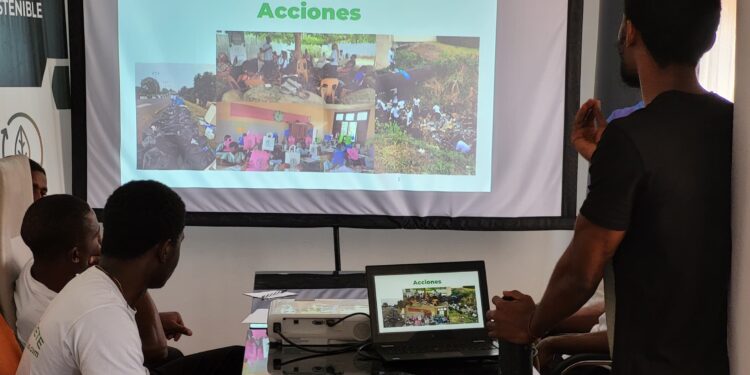Humanity has once again crossed a critical environmental threshold. According to the Global Footprint Network, Earth Overshoot Day 2025 falls on July 23, meaning that from this date forward, humanity will consume more natural resources than the planet can regenerate within the entire year. The remainder of 2025 will be lived “on ecological credit.”
This sobering marker is calculated by comparing the planet’s biocapacity (the amount of ecological resources Earth can generate in a year) with humanity’s ecological footprint (the amount we consume). The current global rate of consumption suggests that we are using the resources of 1.7 Earths annually.
As Inger Andersen, Executive Director of the United Nations Environment Programme (UNEP), stated in 2022:
“Humanity is consuming at the rate of 1.7 planets a year.”
— United Nations Press Release, ENV/DEV/2046
This overconsumption drives deforestation, water scarcity, soil erosion, biodiversity loss and climate change. The consequences are global, but the burdens are not shared equally. Developing nations—especially in Africa—often bear the brunt of environmental degradation despite contributing the least to it.
View also:
Yet, amid this ecological imbalance, Africa holds a unique position of opportunity. With over 60% of its population under the age of 25 and a growing ecosystem of entrepreneurs and innovators, the continent is poised to lead the shift toward sustainable development. Africa’s emerging startups are already tackling issues such as clean energy, waste recycling, regenerative agriculture, and water purification—offering scalable solutions rooted in local realities.
What does Earth Overshoot Day mean for Africa and the world? It is both a warning and a call to action. While the world must accelerate systemic shifts toward renewable energy, circular economies, and resource efficiency, Africa can chart a different path—one that avoids the extractive, polluting models of industrialized economies and instead builds resilience through innovation.
The UNEP and global partners continue to emphasize that reducing overshoot is possible. By moving Overshoot Day just six days later each year, humanity could be back within planetary boundaries by 2050. This goal will only be achievable through collective effort, global cooperation, and a radical rethinking of how we consume, produce, and grow.
Africanian News remains committed to amplifying the voices and solutions that are shaping a more sustainable and equitable future—from Dakar to Nairobi, Malabo to Cape Town.









